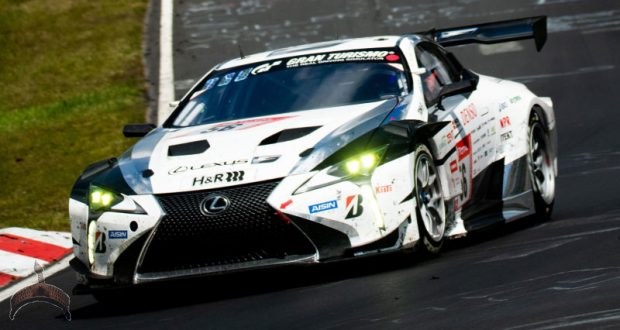In March 2013, Motor Trend wrote about rumors of Lexus bolting 2 turbos onto the high-revving, atmospheric 5.0-liter V8 in the RC F, the newest engine for eventual use within an LC F super coupe. We heard the rumor again from multiple directions in 2017, and again in 2018.
Eventually, the rumor gets official confirmation being an aside in a Lexus press release about taking the Gazoo Racing LC race car to the Nürburgring 24-hour for a next time next year. After 2 yrs of “unavoidable hours in the pit to eliminate issues” with the LC in 2018 and 2019, the true luxury carmaker stated that next season it “[aims] to accomplish the race without the trouble by adopting a number of new technologies, including a newly-developed V8 twin-turbo engine destined for use on future road cars such as for example sports cars.”
That’s all we all know about what’s coming. Predictions supposed Lexus has paired 2 of its 2.0-liter, four-cylinder engines with a 90-degree angle to generate the 4.0-liter twin-turbo V8. Estimates through the years guessed output as anywhere from 600 metric horsepower, 592 of our U.S. customary horses, to 620 hp, to 660 hp. The guesstimate torque figure will come in at “around 506 pound-feet,” attained with a Japanese magazine that figured Lexus was wanting to outdo the Nissan GT-R.
What’s safe to express is that the engine – created with a focus on performance – will outdo the 471 hp and 398 lb-ft of torque from the Yamaha-developed, naturally-aspirated V8 currently powering the LC 500 flagship. The newest engine mightn’t outdo the 7,300-rpm redline.
Considering that the press release mentioned “sports cars,” plural, there’s every right to anticipate the hi-po power plant to migrate to other offerings. In the press, the engine’s been mooted for sets from the RC F and new GS F to an LS F and a super-potent SUV inspired by the LF-1 Limitless concept that could undertake the Lamborghini Urus.
Further changes to the LC F accompanying the newest motor could include a good deal more carbon fiber, about 200 pounds trimmed from the curb weight, a firmer structure, a “low-weight and high-rigidity suspension,” and more refined software systems for tech like driver aids, traction control, and anti-lock braking.
Lexus will need the start line at next year’s Nürburgring 24-Hour weekend from May 21-24 in the SP-Pro class.
 Ọmọ Oòduà Naija Gist | News From Nigeria | Entertainment gist Nigeria|Networking|News.. Visit for Nigeria breaking news , Nigerian Movies , Naija music , Jobs In Nigeria , Naija News , Nollywood, Gist and more
Ọmọ Oòduà Naija Gist | News From Nigeria | Entertainment gist Nigeria|Networking|News.. Visit for Nigeria breaking news , Nigerian Movies , Naija music , Jobs In Nigeria , Naija News , Nollywood, Gist and more








